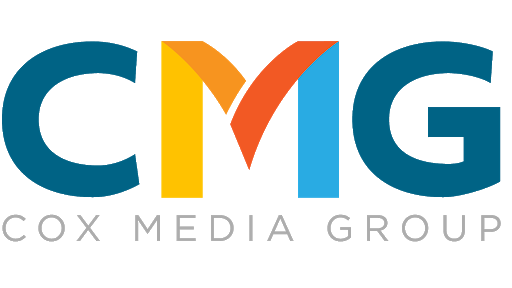Cox Media Stations Go Dark on DirecTV in 20 Markets
Blackout comes days before Super Bowl LV

The professional video industry's #1 source for news, trends and product and tech information. Sign up below.
You are now subscribed
Your newsletter sign-up was successful
ATLANTA—After giving a warning to its customers late last week, Cox Media Group has announced that stations in 20 markets went dark to AT&T/DirecTV customers in the early hours of Feb. 2 as a result of the two sides failing to reach a retransmission deal.
The stations (confirmed on their websites) and markets impacted by the black out are:
- KLAX-TV (ABC), Alexandria, La.
- WSB-TV (ABC), Atlanta
- WICZ-TV (Fox), Binghamton, N.Y.
- WFXT-TV (Fox), Boston
- WOSC-TV (ABC) & WAXN-TV (Ind.), Charlotte, N.C.
- WHIO-TV (CBS), Dayton, Ohio
- KIEM-TV (NBC), Eureka, Calif.
- WABG-TV (ABC), Greenville-Greenwood, Miss.
- Idaho Falls-Pocatello, Idaho
- WFOX-TV (Fox) & WFOX2-TV (MNT), Jacksonville, Fla.
- KMVU-TV (Fox), Medford, Ore.
- WHBQ-TV (Fox), Memphis, Tenn.
- WFTV-TV (ABC) & WRDQ-TV (Ind), Orlando, Fla.
- WPXI-TV (NBC), Pittsburgh
- KIRO-TV (CBS), Seattle
- KAYU-TV (Fox), Spokane, Wash.
- WSYT-TV (Fox), Syracuse, N.Y.
- KOKI-TV (Fox) & KMYT-TV (MNT), Tulsa, Okla.
- KFFX-TV (Fox), Yakima-Tri Cities, Wash.
- KYMA-TV (CBS, NBC), Yuma, Ariz.
CMG says AT&T/DirecTV was the one to pull the stations, describing AT&T as unwilling to make a deal and “sacrificing” critical news and entertainment sources for their customers.
“CMG viewers know our trusted local stations are there to deliver the news and information they need to make decisions for their families. It’s disappointing that AT&T/DirecTV has decided to deprive them of that access. We take pride in serving our communities and we will fight to continue to fulfill this responsibility,” said says Paul Curran, CMG’s executive vice president of Television.
AT&T gave the following statement to TV Tech regarding the blackout:
"We’re disappointed Cox Media Group and Wall Street financier Apollo Global Management have intentionally put our customers into the middle of a private business matter. We want to get the Cox stations back into their local lineups, but Cox and Apollo alone have exclusive control over which homes are allowed to receive ABC, CBS, NBC, Fox and CW in certain cities. And even though broadcasters like Cox keep losing viewers and sponsors, by commanding that exclusivity, they can demand take-it-or-leave-it ultimatums, leaving consumers a more than $12 billion-and-rising bill just to keep their ‘free TV.’ Apollo-owned stations have an extremely long and disreputable history of either threatening or pulling the Super Bowl and other important events from Buckland Telephone Co., CableOne, Charter Spectrum, DISH Network, Frontier Communications, Suddenlink, Verizon Fios and our own customers. Broadcasters like Cox gin up these contrived blackouts at the precise time it hurts their viewers the most, extract higher fees, and then use their own news outlets to try to intentionally mislead people and skirt any accountability for their relentless and unwarranted price-gouging. That’s a shameless violation of the public trust—especially from a local news provider during a global pandemic. Now that there’s a new administration, it’s high time the FCC takes a fresh look at this broken retransmission consent system that encourages blackouts and skyrocketing rate increases at consumers’ expense. We continue to work with Apollo and Cox to get to these stations back and appreciate our customers’ patience while we do."
If a deal is not reached quickly, viewers whose impacted are CBS affiliates could not have access to Super Bowl LV, which airs on CBS on Feb. 7.
The professional video industry's #1 source for news, trends and product and tech information. Sign up below.
